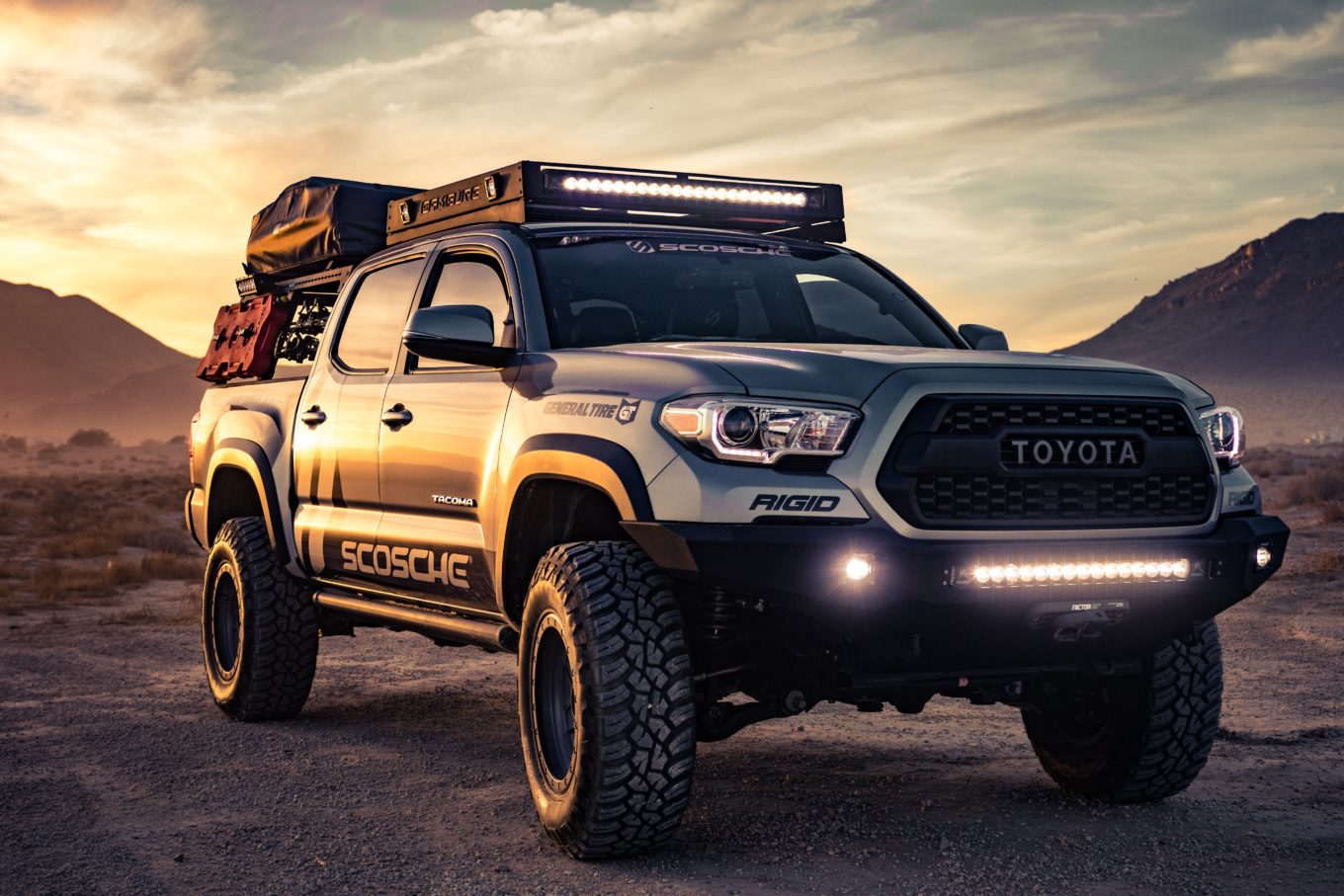Purchasing a car can often be a daunting experience in most cases. This is predominantly because of the reason that it involves a considerable amount of finance, and therefore, it is justified to take the leap of faith that is only backed by sufficient knowledge and idea regarding the vehicle itself, and the options available. However, we are here to make this process for you. Here’s a list for you that can help you decide in a relatively easier manner.
Set your Budget
Given the vast number of options that are available to be used when it comes to car purchases, it can be seen that it only makes sense to set budgets well in advance. Therefore, a good starting point should be setting a top limit about how much you can spend. This decision making part should also include the different features that you are looking for in a car so that you know the features you can prioritize, and others you can possibly let go of.
In the case where you want to opt for a car loan, you should also make sure that you know the options you have available when it comes to a car financing, and how much is it really going to cost.
Choosing the Right Car
After the budget-related parameters have been identified, it is important to list down the required features that you are looking for. Then, you can move on to the next big step: choosing the right car. This only has to be a mixture of two factors, the budget, and what you actually need.
In this case, it is also useful to conduct research based on the timeline you want a car for. For example, if you are an individual without a family, then it is probably a good idea to save up money, and get a two-door car. This combination can only be prepared if you are clear about your budget, as well as priorities.

Checking Reliability, Additional Costs and Quality Parameters
After the car has been chosen, it is an important task to ensure that you are able to pick the vendor you want to purchase the car from. This can be done by running a background check on the vendor, or dealer. Additionally, doing a test drive can also give you surety that you are investing in the vehicle that meets your expectation pertaining to respective parameters.
Finalizing the Trader, and Sealing the Deal!
After the car, and the dealer has been finalized, it is important for you to account for additional costs and charges that are associated with the car purchase. This is important so that you are able to plan out these expenses, and there are no last-minute surprises. State sales taxes, documentation fees, and registration fees might be a considerable chunk of the cost of the car itself. Therefore, when planning your purchase, it is often useful to talk to your dealer about these costs, and any other additional costs that might exist in this regard. Don’t forget, your credit will also take into account the amount of interest you pay on your new car.





